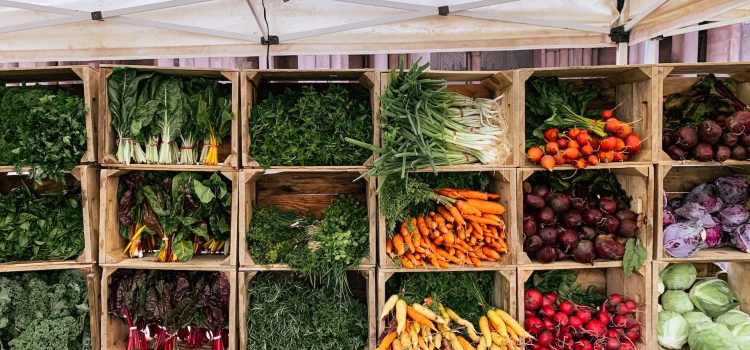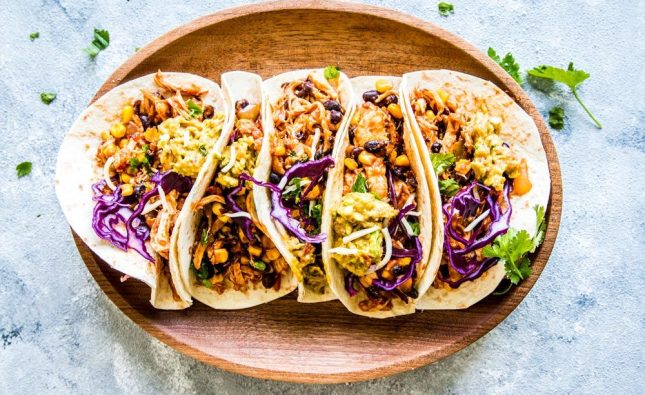
Introduction:
Maintaining healthy blood sugar levels is vital for overall well-being and disease prevention. Making smart food choices is a powerful tool in managing blood sugar levels effectively. In this article, we explore key strategies and foods that can help you keep your blood sugar in check, providing you with the knowledge to make informed decisions about your diet and health.
- Understanding Blood Sugar:
Blood sugar, or glucose, is the main source of energy for our bodies. However, imbalances in blood sugar levels can lead to various health issues, including diabetes and metabolic disorders. By adopting a proactive approach and making smart food choices, you can promote stable blood sugar levels and optimize your health.
- The Importance of Carbohydrates:
Carbohydrates have the most significant impact on blood sugar levels. However, not all carbohydrates are created equal. It’s crucial to focus on consuming complex carbohydrates that provide sustained energy release and minimize blood sugar spikes. Opt for:
a. Whole Grains: Whole wheat, brown rice, oats, and quinoa are excellent choices as they contain fiber, which slows down the absorption of glucose and promotes stable blood sugar levels.
b. Legumes: Beans, lentils, and chickpeas are rich in fiber and protein, making them a nutritious option that doesn’t cause rapid blood sugar fluctuations.
c. Non-Starchy Vegetables: Leafy greens, broccoli, cauliflower, and bell peppers are low in carbohydrates and high in fiber, vitamins, and minerals, making them a great addition to your meals.
- Balanced Meals with Protein:
Including lean protein in your meals is essential for blood sugar management. Protein helps slow down the digestion and absorption of carbohydrates, preventing rapid spikes in blood sugar. Consider:
a. Poultry: Skinless chicken or turkey breast is a lean source of protein that can be incorporated into various dishes.
b. Fish: Fatty fish like salmon, trout, and mackerel are not only rich in protein but also contain omega-3 fatty acids, which have been linked to improved insulin sensitivity and blood sugar control.
c. Plant-Based Proteins: Tofu, tempeh, legumes, and nuts are excellent sources of plant-based protein that can be included in your diet for blood sugar management.
- Healthy Fats for Satiety:
Incorporating healthy fats into your meals can help you feel more satisfied and prevent blood sugar spikes. Opt for:
a. Avocados: Rich in monounsaturated fats and fiber, avocados can promote stable blood sugar levels and provide a feeling of fullness.
b. Nuts and Seeds: Almonds, walnuts, chia seeds, and flaxseeds are packed with healthy fats, fiber, and essential nutrients that support blood sugar control.
c. Olive Oil: Extra virgin olive oil is a healthy fat that contains antioxidants and anti-inflammatory properties, making it a beneficial choice for blood sugar management.
- Mindful Eating and Portion Control:
In addition to making smart food choices, practicing mindful eating and portion control can play a significant role in blood sugar management. Paying attention to your body’s hunger and fullness cues, eating slowly, and avoiding distractions while eating can help prevent overeating and promote better blood sugar control.
Conclusion:
Keeping your blood sugar in check requires a thoughtful and balanced approach to your diet. By making smart food choices, focusing on complex carbohydrates, incorporating lean proteins and healthy fats, and practicing mindful eating, you can maintain stable blood sugar levels and support your overall health. Remember to consult with a healthcare professional or registered dietitian for personalized guidance, especially if you have pre-existing health conditions or take medication.










